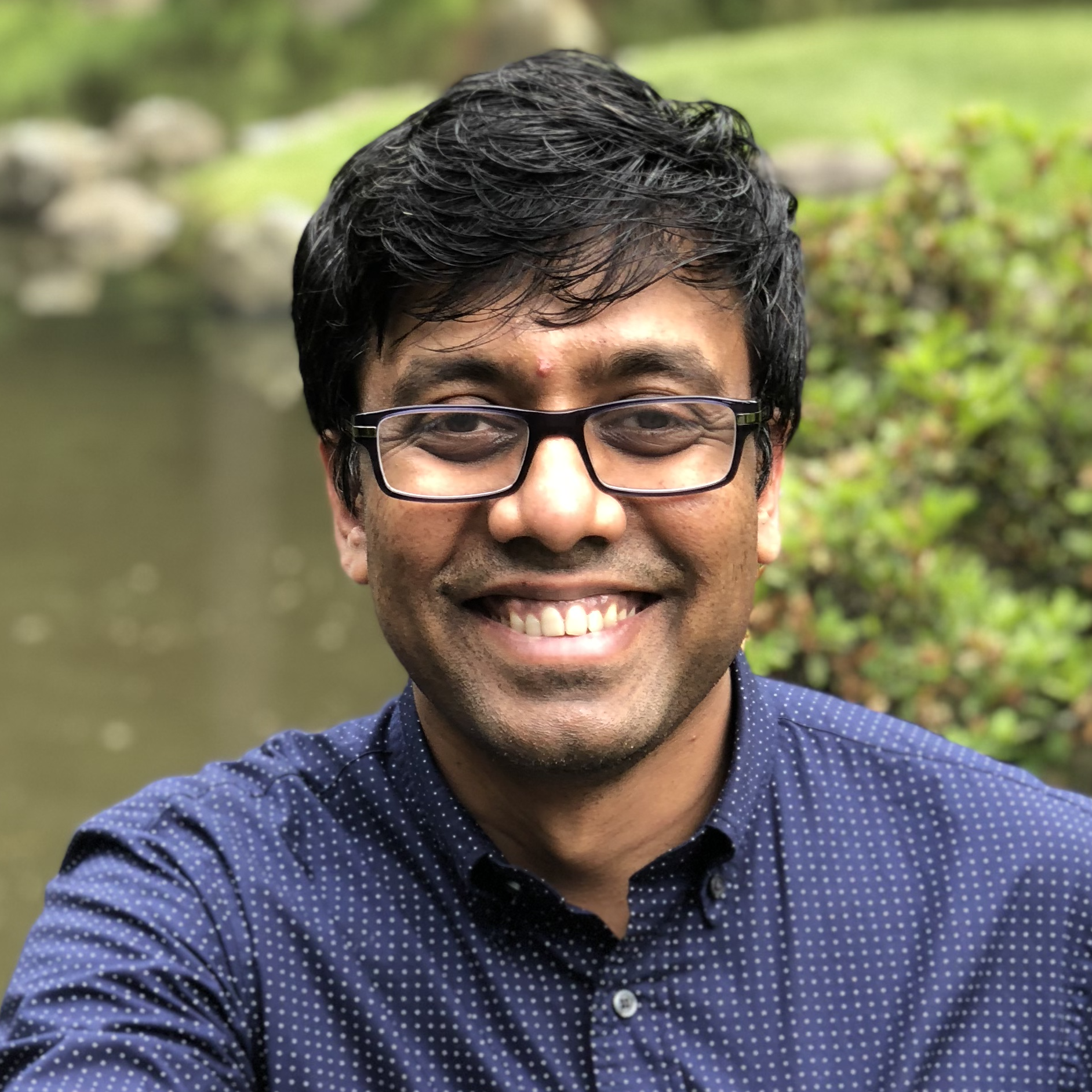Clarkson Professor Presents Research at the National Institute of Standards and Technology
Prashant Athavale, Assistant Professor of Mathematics at Clarkson University, recently delivered a presentation on his research titled "Toward Parameter-free Restoration of Noisy Orientation Maps" at the National Institute of Standards and Technology in Maryland. His research was partially supported by a federal grant from the Department of Commerce aimed at "Restoration of Orientation Data from Polycrystalline Materials."

Athavale’s research is a collaborative endeavor with contributions from two Clarkson undergraduate students, Peter Lef and Conor Miller-Lynch, and his current graduate student, Emmanuel Atindama.
Athavale and his team developed an algorithm that automates the selection of parameters to achieve high-quality restorations of noisy orientation data. By estimating the noise variance within the data, they determine the appropriate level of denoising required. This information guides the stopping criteria for a vector-valued weighted total variation (TV) flow, a nonlinear diffusion technique applied to the noisy orientation map. They evaluated the effectiveness of their method against commonly used denoising filters by using simulated EBSD maps with varying levels of noise as benchmarks. The proposed method demonstrated superior performance over traditional denoising techniques such as mean, median, spline, half-quadratic, and Kuwahara filters, particularly at higher noise levels.
The results, which showed statistically significant improvements in denoising, are documented in a study published by Atindama, E., Lef, P., Doğan, G., et al., titled "Restoration of Noisy Orientation Maps from Electron Backscatter Diffraction Imaging" in Integrative Materials and Manufacturing Innovations, volume 12, pages 251–266 (2023), available at https://doi.org/10.1007/s40192-023-00304-8.
Athavale earned his Ph.D. in Applied Mathematics and Scientific Computation from the University of Maryland, College Park. Prior to joining Clarkson University, he held academic positions at Johns Hopkins University, the University of Toronto, and UCLA. His current research interests span mathematical image processing, material science, and data science.
